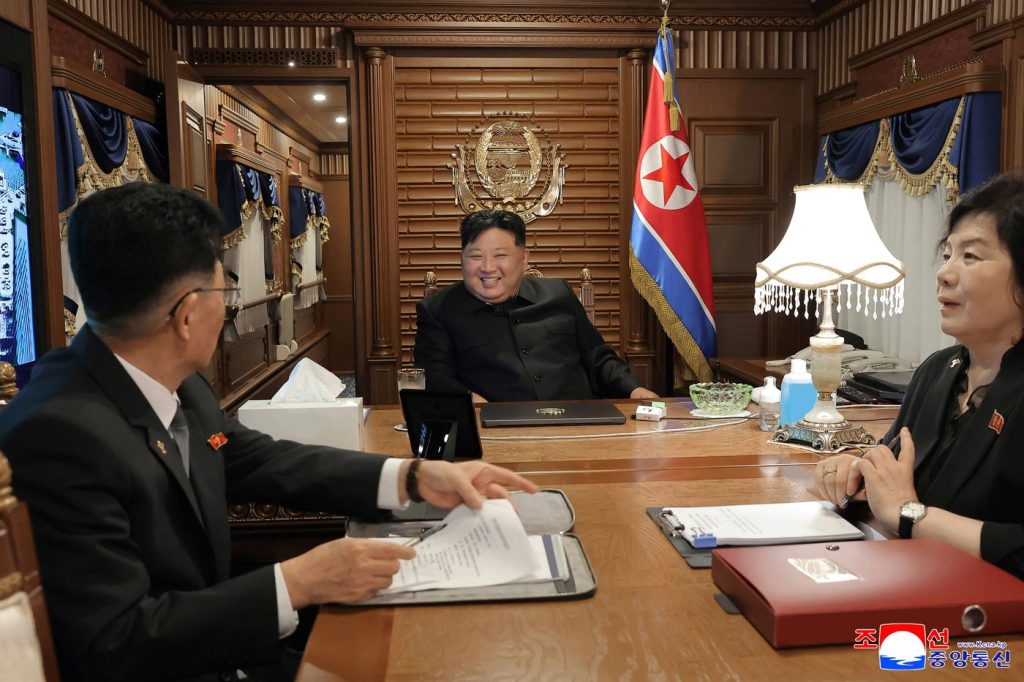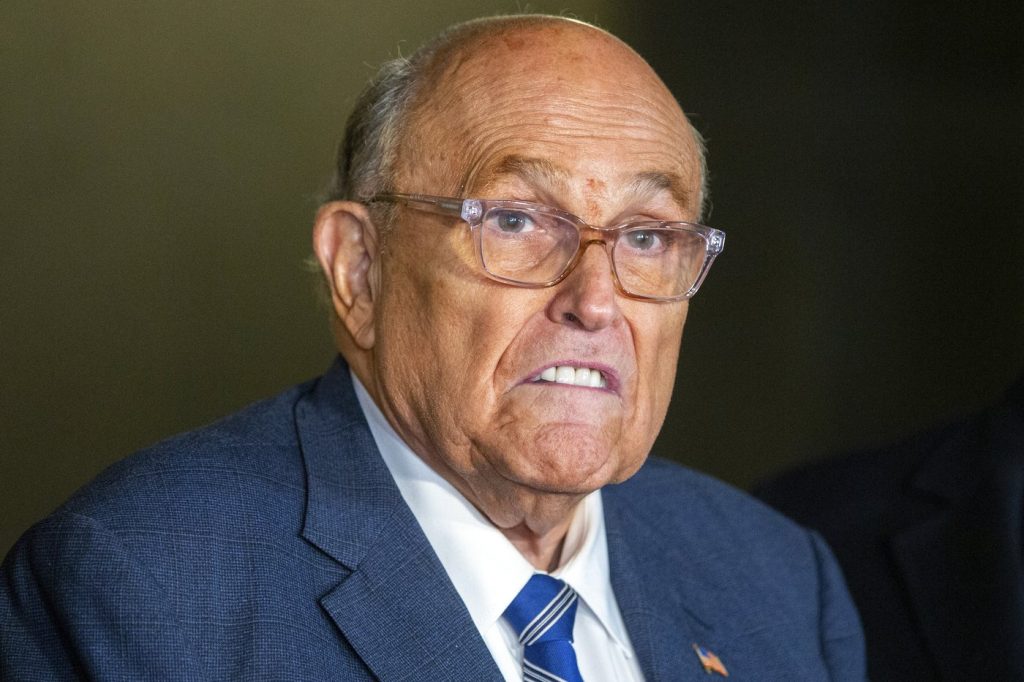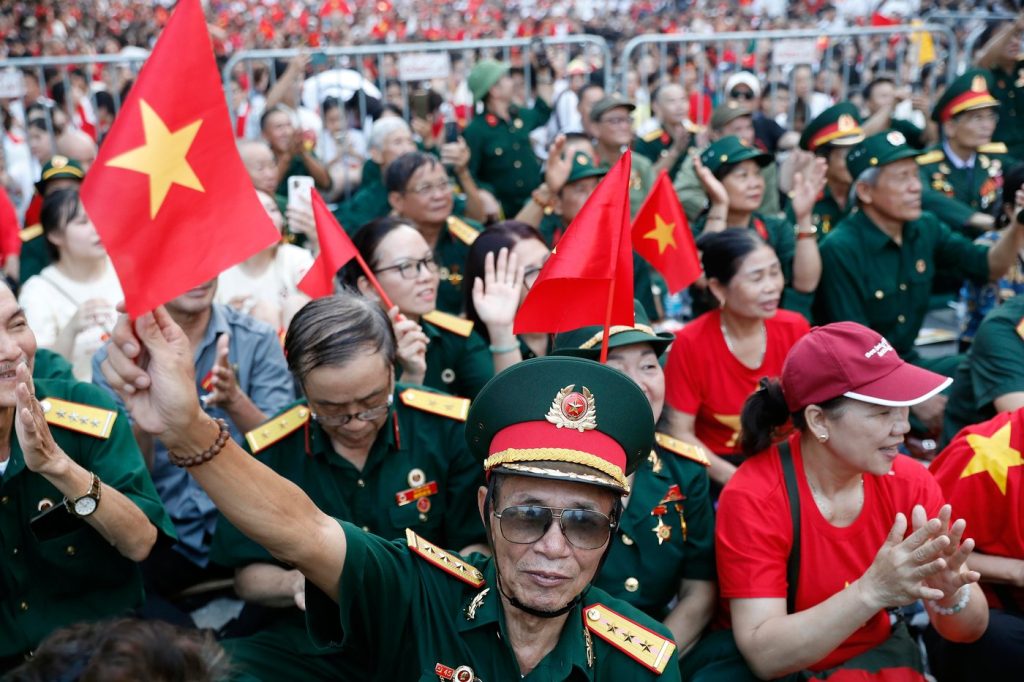SEOUL, South Korea (AP) — North Korean leader Kim Jong Un is traveling to Beijing by train on Tuesday to participate in a significant military parade alongside Chinese President Xi Jinping and Russian President Vladimir Putin. This event is expected to showcase a unified front against the United States, particularly amid rising tensions in global politics.
The military parade, scheduled for Wednesday, commemorates the 80th anniversary of the end of World War II and China's resistance against Japanese aggression. Kim and Putin are part of a total of 26 world leaders attending this notable gathering. Notably, this will be Kim's first major multilateral event during his 14-year rule. Importantly, it marks the first time Kim, Xi, and Putin—key adversaries of U.S. influence—will gather in the same venue.
The Korean Central News Agency (KCNA) announced that Kim departed from Pyongyang on Monday aboard his special train, accompanied by high-ranking officials, including Foreign Minister Choe Son Hui. According to South Korea's National Intelligence Service, Kim’s train entered China early Tuesday and is expected to reach Beijing later in the afternoon. Reports indicate that Kim will likely receive security and protocol measures comparable to those for President Putin.
It is anticipated that Kim may share the rostrum with Xi and Putin at the Tiananmen Square during the parade. Furthermore, South Korean intelligence suggests that he will engage in bilateral meetings with both Chinese and Russian leaders, aiming to enhance North Korea's diplomatic outreach following his country's period of isolation.
This trip represents Kim’s first visit to China since 2019 and marks his fifth visit overall since taking power after his father’s death in late 2011. Meanwhile, President Putin arrived in China on Sunday to participate in the Shanghai Cooperation Organization, coinciding with the Beijing military parade. Discussions for a meeting between Kim and Putin are reportedly "under consideration," according to Kremlin aide Yuri Ushakov.
Observers are particularly interested in a potential bilateral meeting between Kim and Xi, as well as the possibility of a trilateral meeting among the three leaders. While past interactions have included bilateral meetings, a formal trilateral summit has yet to take place. Recently, North Korea's foreign policy emphasis has shifted primarily towards fostering closer ties with Russia, which has included military support in Russia's conflict in Ukraine, traded for economic and military assistance.
According to assessments from South Korea, North Korea has deployed approximately 15,000 troops to Russia since the previous autumn, leading to an estimated 2,000 casualties in combat. Reports indicate that Kim has also agreed to dispatch thousands of military construction workers and deminers to Russia’s Kursk region, with a reported 1,000 already dispatched.
Although relations with China have reportedly deteriorated in recent years, experts suggest that Kim's current diplomatic efforts aim to mend ties with China, given its role as North Korea's largest trading partner and aid provider. Kim's presence in Beijing aligns with a broader strategy to strengthen partnerships with nations allied with Russia and China. This visit occurs against the backdrop of renewed overtures from U.S. President Donald Trump and South Korea's new President Lee Jae Myung, both expressing a desire to resume dialogue with North Korea.
Before his departure for China, Kim inspected a missile research facility in North Korea, reviewing the advancements on a new engine for a "next-generation" intercontinental ballistic missile (ICBM). Analysts speculate that this next-gen ICBM may be designed to carry multiple nuclear warheads, capable of overcoming U.S. missile defense systems. This ongoing enhancement of North Korea's military capabilities occurs amidst a prevailing international focus on the evolving geopolitical landscape.












